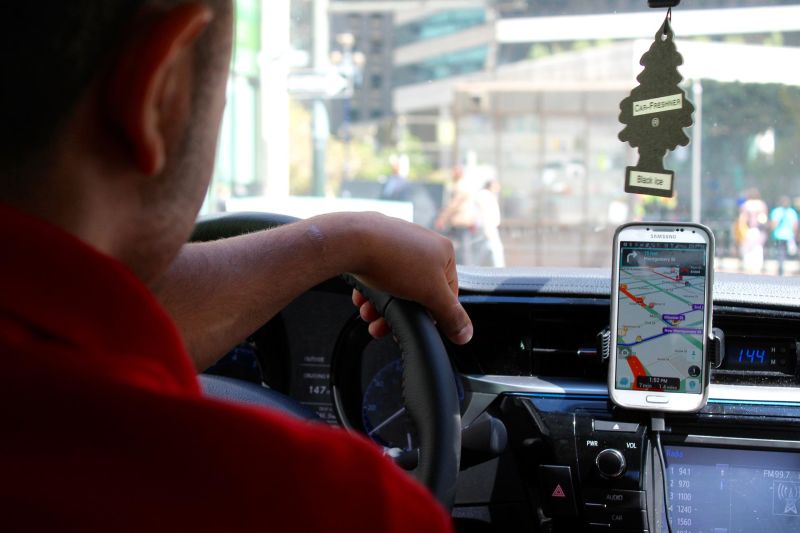Uber has reached a tentative settlement in two sprawling class-action federal lawsuits brought by drivers in California and Massachusetts for as much as $100 million, agreeing to make "significant changes" that the drivers' attorney says will result in improved work lives.
Boston-based labor attorney Shannon Liss-Riordan, who represents the drivers, called the settlement historic. The lawsuits hinged on whether drivers were misclassified as independent contractors, instead of employees.
In a blog post titled "Growing and growing up," Uber CEO Travis Kalanick announced the settlement and admitted the company hasn't "always done a good job working with drivers."
Under the terms, drivers will remain independent contractors -- a big win for Uber, if the settlement stands -- but can no longer be dismissed at will. As the motion for settlement filed Thursday (and embedded below) explains:
"Uber will only be able to deactivate drivers from the Uber platform for sufficient cause, and drivers will be provided with at least two warnings prior to many types of deactivations, a written explanation of the reasons for any deactivation, and an appeals process overseen by fellow drivers for certain types of deactivations. Should a driver not be satisfied with the result of the appeals process, the driver may arbitrate her claim at Uber’s expense."
"We have heard many complaints from drivers about being deactivated without good cause and frustrations about pay issues that they have not been able to get addressed by Uber management," Liss-Riordan said in a written statement.
